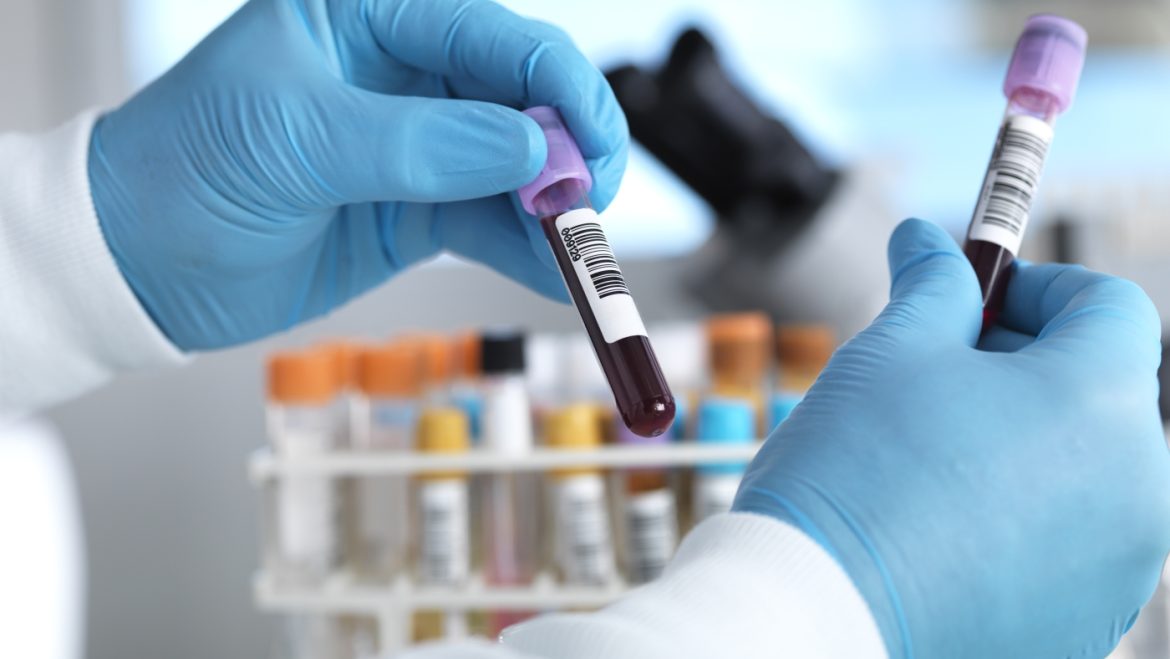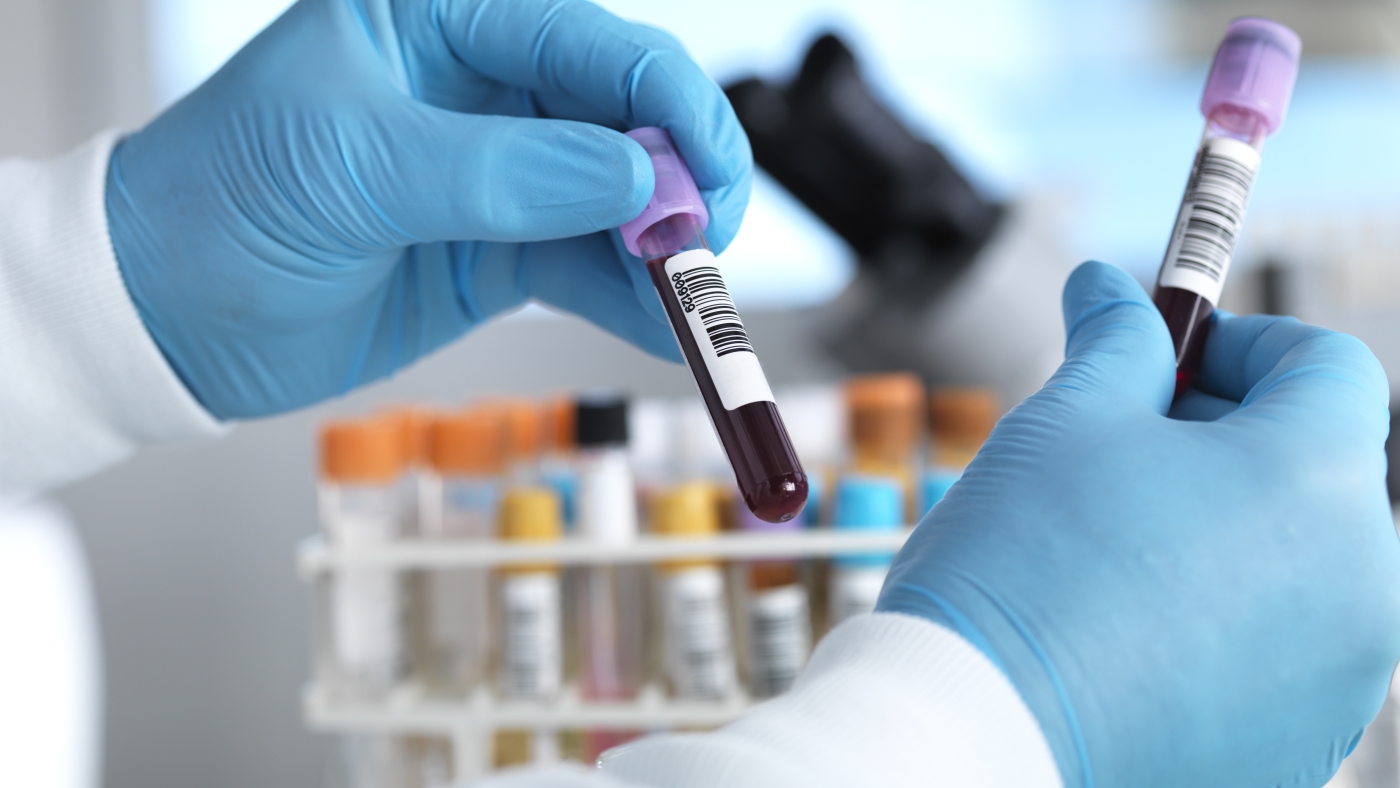The Growing Desire Among Older Americans to Know Their Alzheimer’s Status
The landscape of Alzheimer’s disease awareness and preparedness is shifting, particularly among older Americans. A recent survey of 1,700 individuals aged 45 and older revealed a significant trend: a substantial majority, 79%, expressed a desire to know if they were in the early stages of Alzheimer’s. This finding underscores a growing interest in proactive health management and the importance of early detection in the fight against this debilitating condition.
Understanding the Survey Findings
Demographics and Methodology
The survey, conducted among 1,700 Americans aged 45 and older, provides a snapshot of the attitudes and preferences of a demographic increasingly concerned about cognitive health. The sample size and age range ensure a comprehensive view of the sentiments within this age group, making the results both relevant and actionable.
The Significance of Early Detection
The overwhelming majority of respondents who wish to know their Alzheimer’s status highlight the importance of early detection. Early diagnosis allows for timely intervention, which can slow the progression of the disease and improve the quality of life for patients and their families. It also provides an opportunity for individuals to make informed decisions about their future, including financial planning, legal arrangements, and lifestyle adjustments.
The Psychological and Emotional Dimensions
Coping with Uncertainty
For many, the fear of the unknown is a significant factor in their desire to know their Alzheimer’s status. Uncertainty about one’s cognitive health can lead to anxiety and stress, affecting both mental and physical well-being. Knowing one’s status can provide a sense of control and clarity, enabling individuals to plan and adapt more effectively.
The Role of Support Systems
Early detection also allows for the establishment of robust support systems. Families and caregivers can be better prepared to provide the necessary care and support, ensuring a smoother transition into the next stages of the disease. This proactive approach can mitigate the emotional and practical challenges associated with Alzheimer’s care.
The Impact on Healthcare and Policy
Healthcare Providers’ Role
Healthcare providers play a crucial role in facilitating early detection and diagnosis. They must be equipped with the tools and knowledge to identify the early signs of Alzheimer’s and to communicate these findings sensitively and effectively. Training and resources for healthcare professionals are essential to meet the growing demand for Alzheimer’s screening and support.
Policy and Advocacy
The survey findings also have implications for healthcare policy and advocacy. There is a clear need for increased funding and research into Alzheimer’s disease, as well as policies that support early detection and intervention. Advocacy groups and policymakers must work together to ensure that the healthcare system is prepared to meet the needs of an aging population concerned about cognitive health.
The Economic Implications
Financial Planning
Early detection of Alzheimer’s allows individuals to engage in financial planning, ensuring that they have the resources to cover medical expenses and long-term care. This proactive approach can alleviate financial burdens on families and caregivers, providing a more secure future for all involved.
Healthcare Costs
From a broader perspective, early detection can also lead to cost savings in the healthcare system. Early intervention can reduce the need for more intensive and costly care in the later stages of the disease, benefiting both individuals and the healthcare system as a whole.
The Future of Alzheimer’s Care
Technological Advancements
Advances in technology are playing a pivotal role in the early detection and management of Alzheimer’s. From diagnostic tools to wearable devices that monitor cognitive health, technology is making it easier for individuals to stay informed about their cognitive status. These innovations are crucial in supporting the growing demand for early detection and continuous monitoring.
Community and Social Support
Community and social support networks are also essential in the fight against Alzheimer’s. Support groups, educational programs, and community initiatives can provide the necessary resources and encouragement for individuals and their families. Building a strong support network can significantly improve the quality of life for those affected by Alzheimer’s.
Conclusion: Embracing Proactive Health Management
The survey findings underscore a significant shift in attitudes toward Alzheimer’s disease among older Americans. The desire to know one’s Alzheimer’s status reflects a growing emphasis on proactive health management and the importance of early detection. This trend has far-reaching implications for healthcare, policy, and community support, highlighting the need for a comprehensive and coordinated approach to Alzheimer’s care.
As we move forward, it is crucial to support individuals and families in their quest for early detection and intervention. By embracing a proactive approach, we can improve the quality of life for those affected by Alzheimer’s and build a more resilient and informed community. The journey toward better Alzheimer’s care begins with awareness, support, and a commitment to proactive health management.


